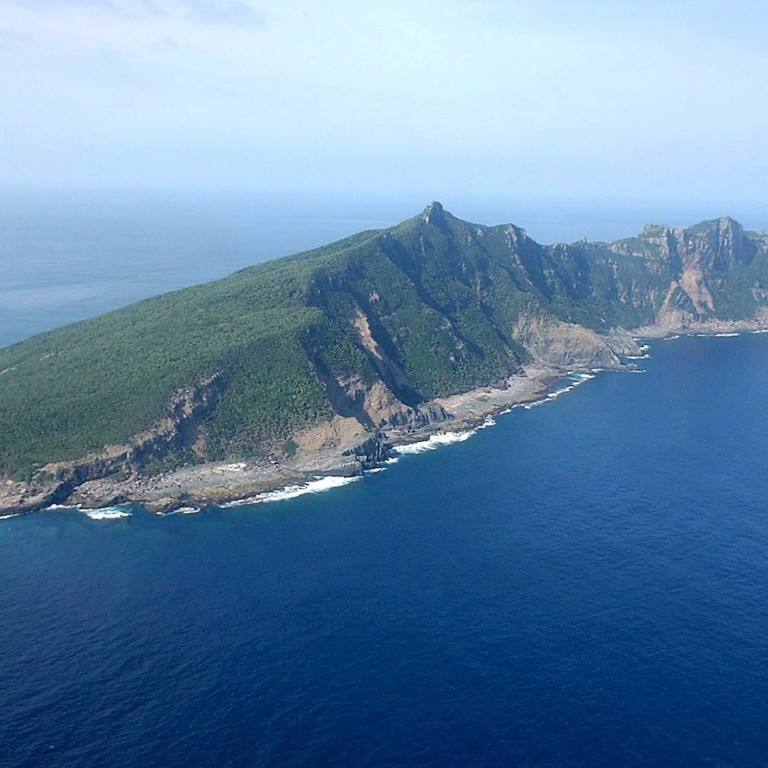
Update | China’s PLA informed Japan on ADIZ in 2010: report
“What shall we do about China’s and Japan’s overlapping ADIZ?” the daily quoted an unnamed general with the People’s Liberation Army’s Academy of Military Science asking his Japanese counterparts at an informal meeting.
The report shows that China’s announcement of the zone, which covers the disputed Diaoyu Islands, in a statement seven weeks ago was less of a surprise than originally thought.
The zone overlaps with Japan’s claimed territory and has not been recognised by Tokyo and Washington.
The Mainichi Shimbun said on Thursday that it was provided with a classified transcript of the meeting at the China Foundation for International and Strategic Studies, a military think tank, in Beijing on May 14-15, 2010.
The newspaper did not say who provided the transcript. A staffer with the think tank declined immediate comment.
Two Chinese representatives, the general and a navy commodore with the PLA’s naval warfare research institute, suggested the armed forces of the world’s now second- and third-largest economies work out rules to prevent conflict over the overlapping claims.
According to the report, the zone shown to the Japanese delegation was almost identical to the one declared in November.
For Ni Lengxiong, a Shanghai-based military diplomacy expert, the report is not surprising. "When in 2010 we told them about the ADIZ it was one of many bargaining chips," he said. "China was also entitled to have such a zone, since Japan claimed one as well."
"As relations deteriorated, China has used the chip," he said. "This trend will continue."
Former vice-foreign minister Wang Yingfan, currently a roving special envoy, headed the talks with the Japanese delegation. His team included officers from the PLA’s National Defence University and National University of Defence Technology, the report said.
The informal Japanese delegation was headed by former deputy chief cabinet secretary Nobuo Ishihara and included then-prime ministerial aide Satoshi Arai. The talks have not been previously reported.
Three news reports from Henan and Jiangsu province in May 2010 attest to a visit to China by Ishihara at the time.

